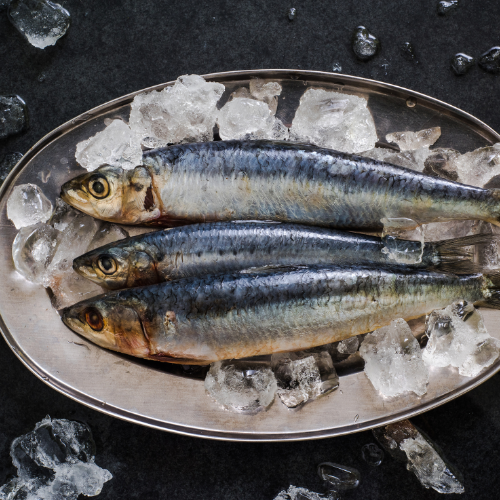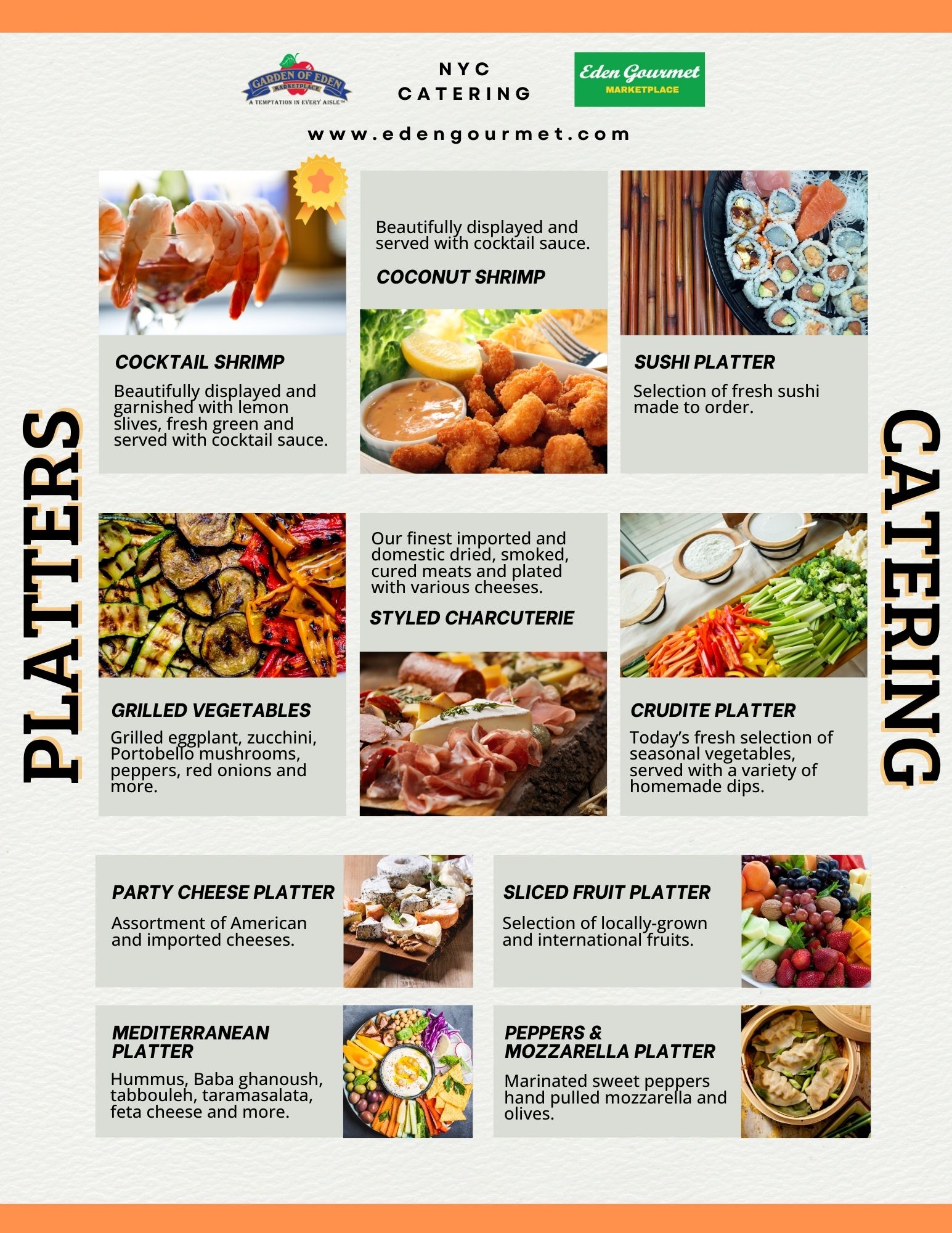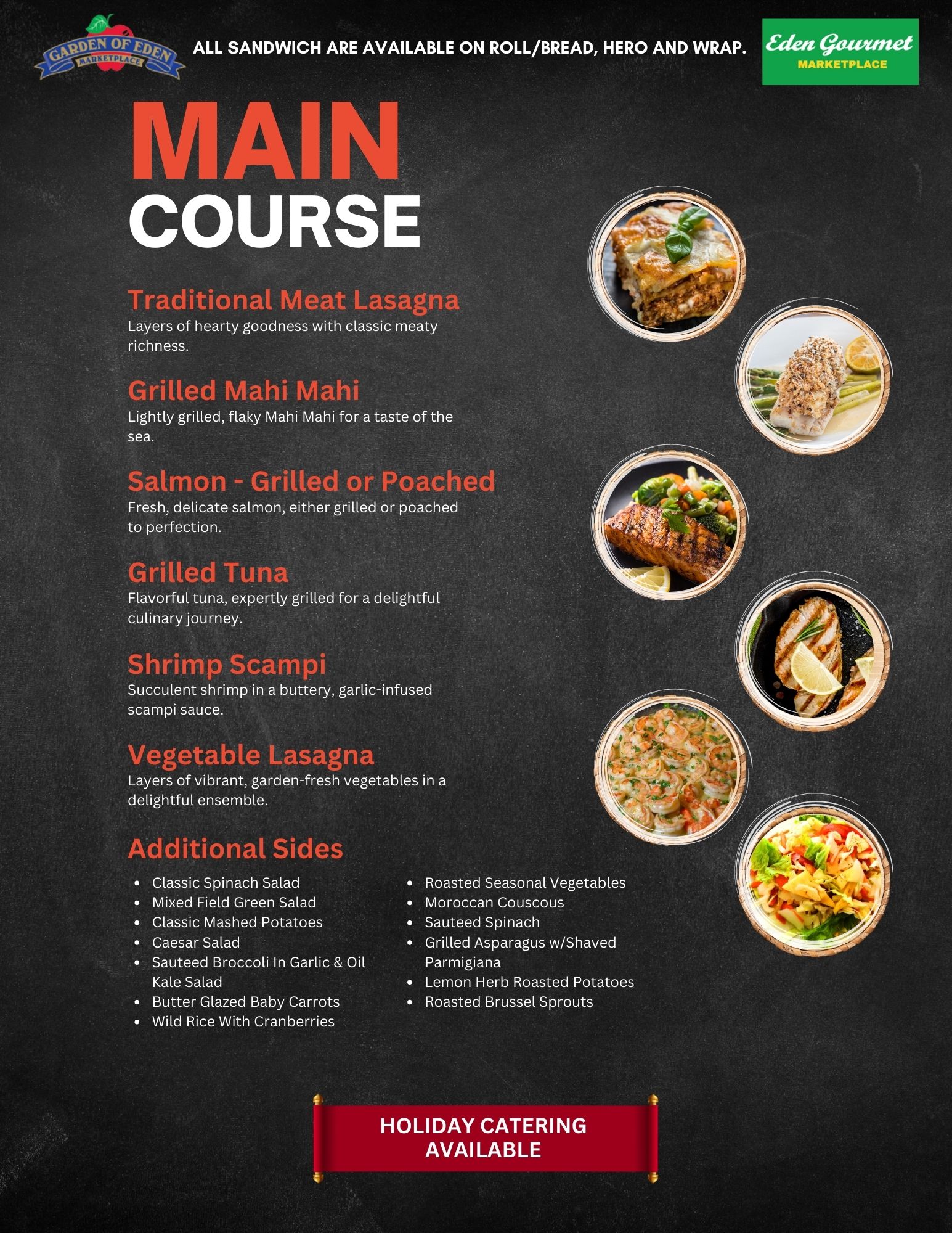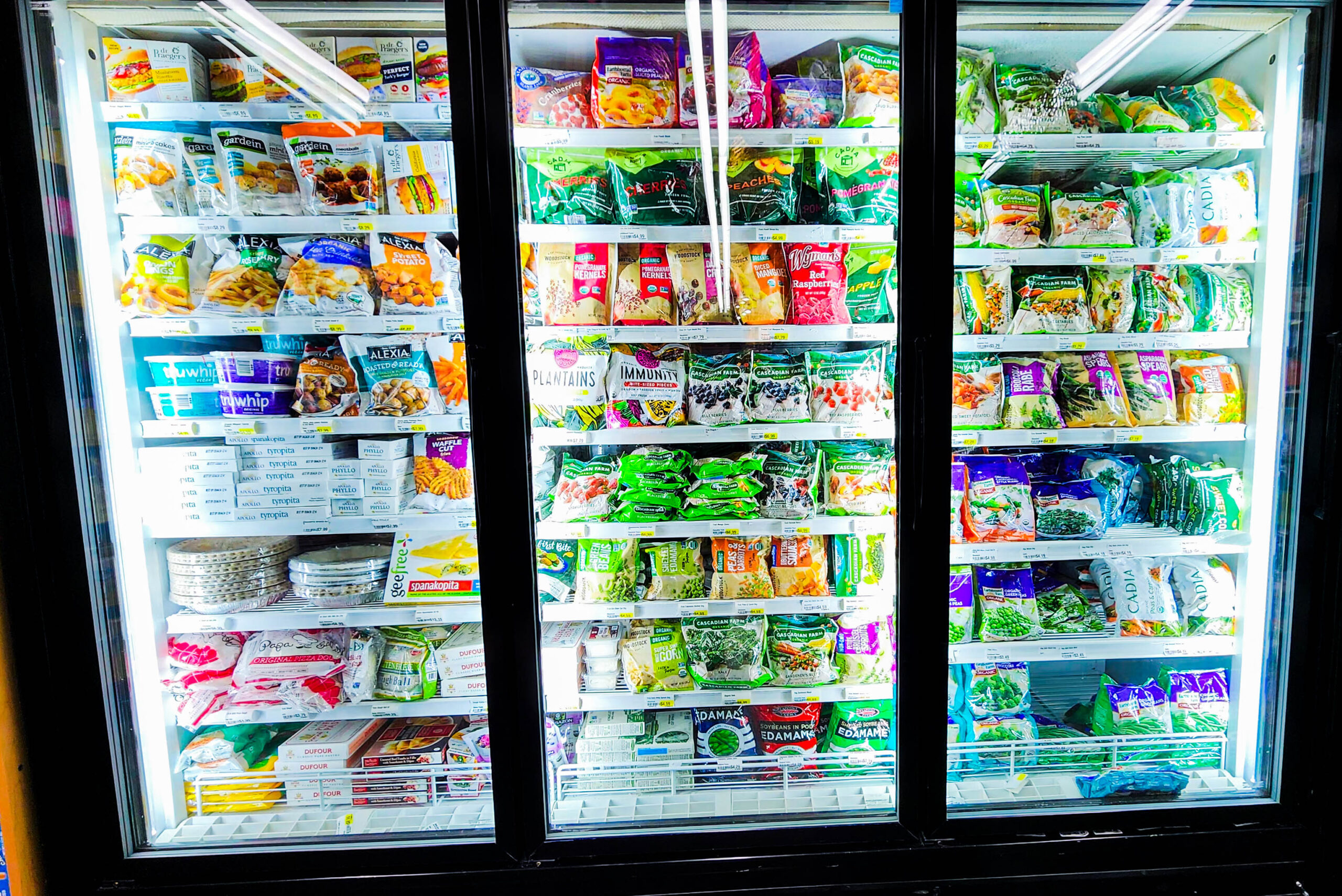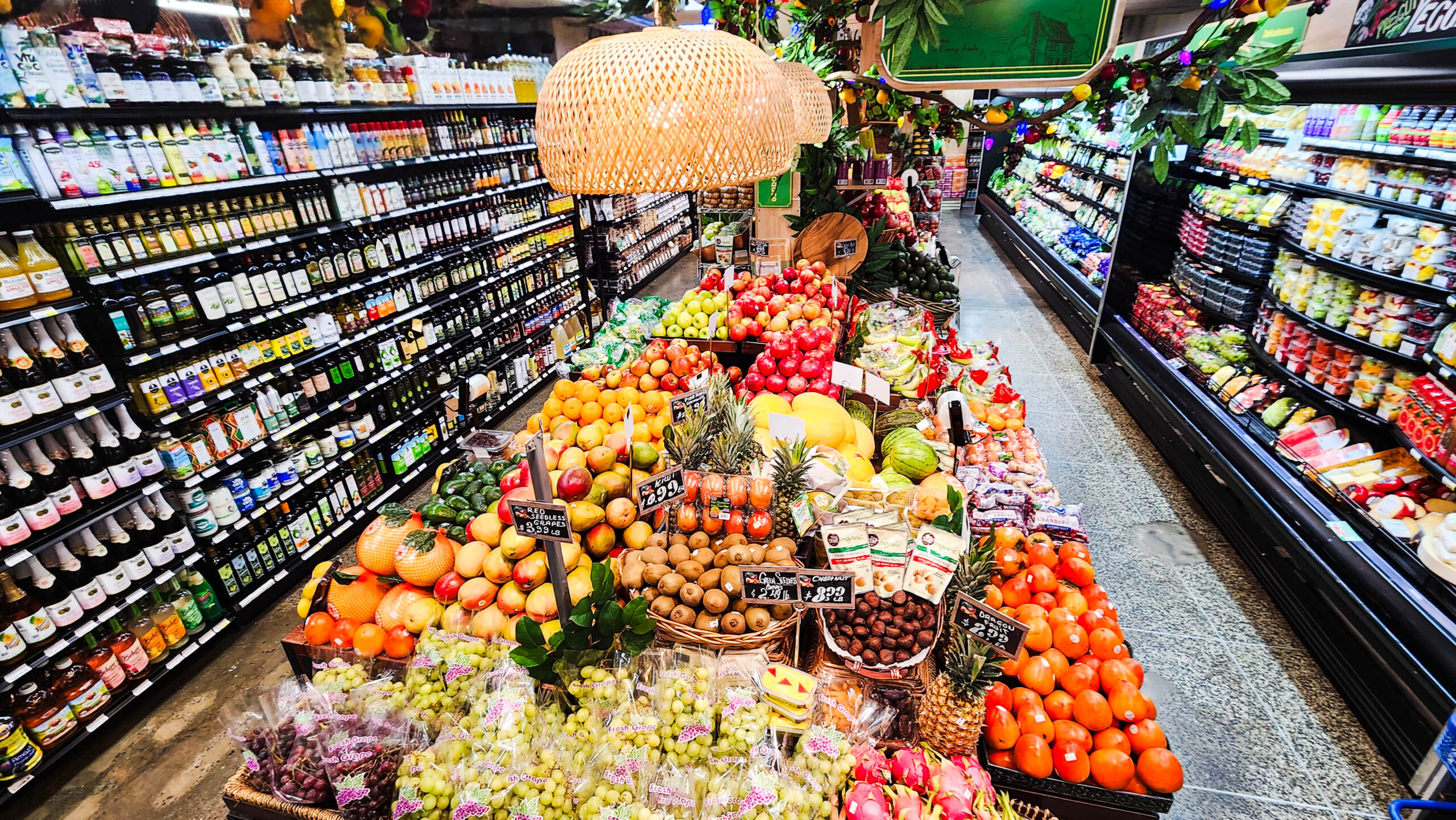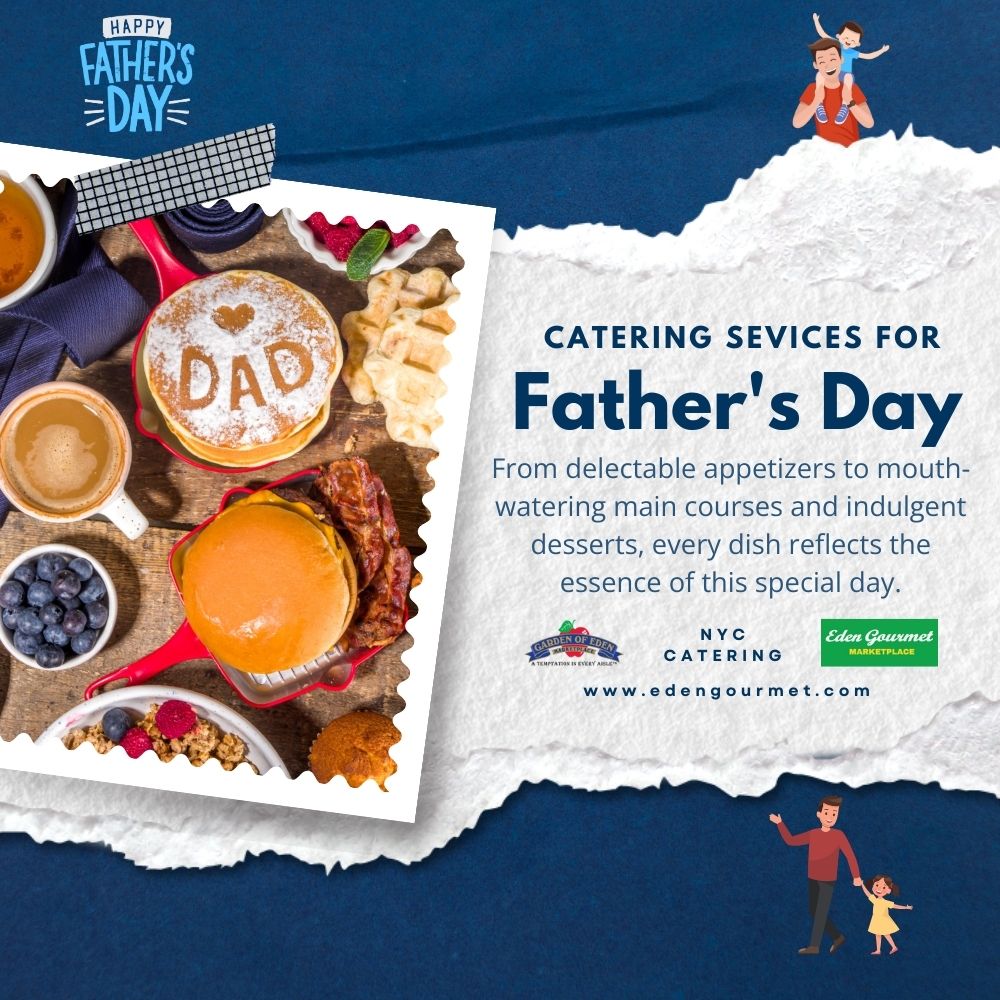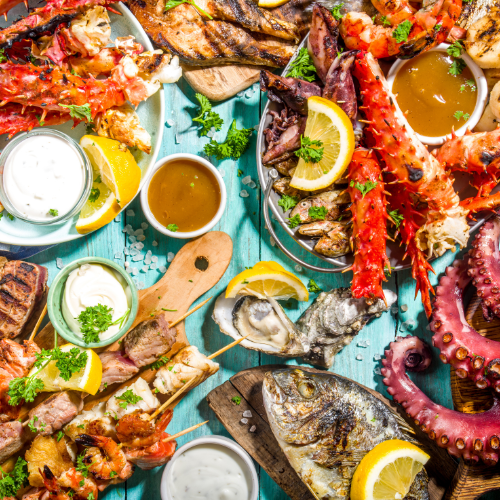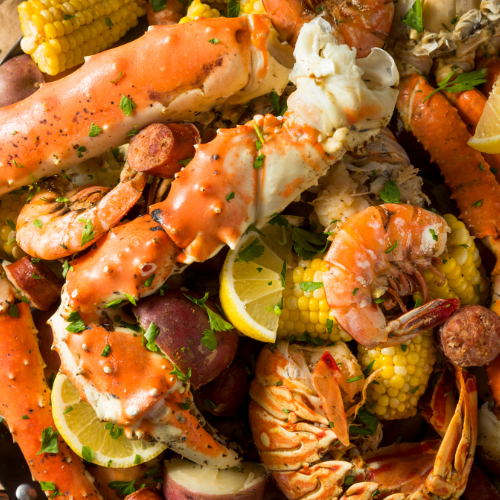Share This Story, Choose Your Platform!
Seafood is a vital source of nutrition for millions of people around the world, providing essential nutrients such as omega-3 fatty acids, protein, and vitamins. However, the sustainability of our oceans and marine life is increasingly threatened by overfishing, habitat destruction, and climate change. Understanding the importance of sustainable fishing practices is crucial in ensuring the long-term health of our oceans and the availability of seafood for future generations.
Understanding the Importance of Sustainable Fishing Practices
Sustainable fishing practices aim to maintain the health and productivity of fish populations, minimize environmental impact, and support the livelihoods of fishing communities. By following sustainable fishing guidelines, we can help protect marine ecosystems, prevent the depletion of fish stocks, and promote the long-term sustainability of seafood resources. This not only benefits the environment but also ensures a stable food supply for communities that rely on seafood as a primary source of nutrition and income.
How to Identify and Choose Sustainable Seafood Options
One way to identify and choose sustainable seafood options is to look for certifications from reputable organizations such as the Marine Stewardship Council (MSC) or the Aquaculture Stewardship Council (ASC). These certifications indicate that the seafood has been sourced from fisheries or aquaculture operations that meet strict sustainability standards. Additionally, consumers can consult seafood guides and apps that provide information on which species are sustainably harvested and which should be avoided due to overfishing or environmental concerns.
Tips for Incorporating More Seafood into a Healthy Diet
When incorporating more seafood into a healthy diet, it is important to vary your choices and opt for a mix of wild-caught and responsibly farmed seafood. Fish such as salmon, sardines, and mackerel are rich in omega-3 fatty acids and are considered sustainable options when sourced from well-managed fisheries. By including seafood in your diet, you can benefit from its nutritional value while supporting sustainable fishing practices that protect marine ecosystems and promote the health of our oceans.
The Future of Seafood: Promoting Conservation and Environmental Stewardship
The future of seafood depends on promoting conservation and environmental stewardship in the fishing industry. By implementing sustainable fishing practices, reducing bycatch, protecting marine habitats, and combating illegal fishing, we can help ensure the long-term viability of seafood resources. Consumers play a crucial role in driving demand for sustainable seafood and encouraging businesses to prioritize environmental sustainability in their operations. By making informed choices and supporting sustainable fishing practices, we can contribute to a healthier planet and a more sustainable seafood industry for generations to come. As marine biologist Sylvia Earle once said, “With every drop of water you drink, every breath you take, you’re connected to the sea. No matter where on Earth you live.” Let us strive to protect our oceans and marine life for the benefit of all.

